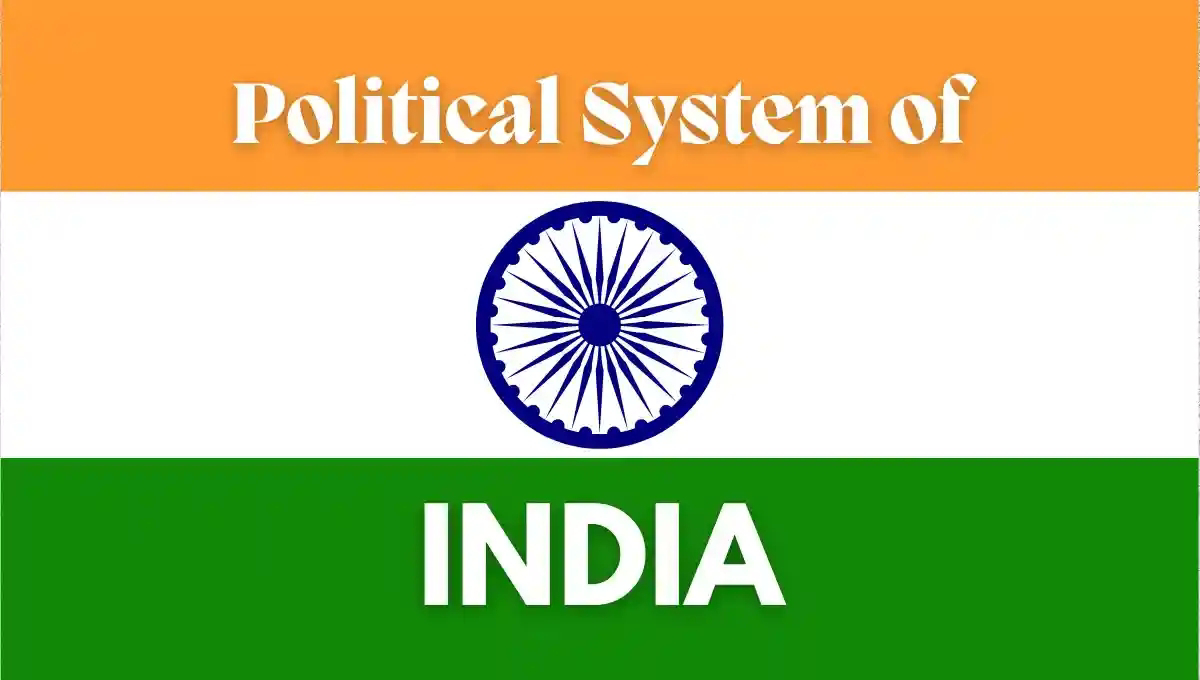The Indian political system is one of the most unique and diverse in the world. India, with its rich history and cultural heritage, boasts a democratic setup that is both complex and fascinating. The political landscape of India is a vibrant mosaic of different ideologies, parties, and leaders, making it a melting pot of ideas and perspectives.
At the heart of the Indian political system lies the Parliament, which consists of two houses - the Lok Sabha (House of the People) and the Rajya Sabha (Council of States). The Lok Sabha is the lower house and is composed of members elected by the people through a direct vote, while the Rajya Sabha is the upper house and consists of members elected by the state legislatures. Together, these two houses form the backbone of the Indian political system and are responsible for making laws and policies for the country.
The President of India is the head of the state and is a ceremonial figure, representing the unity and integrity of the nation. The President is elected by an electoral college consisting of elected members of both houses of Parliament and the state legislatures. The Prime Minister, on the other hand, is the head of the government and is appointed by the President. The Prime Minister is the leader of the party or coalition with the majority in the Lok Sabha and is responsible for running the government and implementing its policies.
One of the key features of the Indian political system is its federal structure, with powers divided between the central government and the state governments. India is a union of states, with each state having its own government and legislature. The division of powers between the central and state governments is enshrined in the Constitution of India, which is the supreme law of the land.
The Indian political system is also characterized by a multi-party system, with a multitude of political parties competing for power at the state and national levels. The Indian National Congress, founded in 1885, is one of the oldest and largest political parties in India and has played a dominant role in the country's politics for much of its history. The Bharatiya Janata Party (BJP), founded in 1980, is another major political party in India and is currently in power at the center.
The Indian political system is also known for its vibrant electoral democracy, with regular elections held at the national, state, and local levels. Elections in India are a massive affair, with millions of voters casting their ballots to choose their representatives. The Election Commission of India, an independent constitutional body, is responsible for conducting free and fair elections in the country.
Despite its many strengths, the Indian political system also faces several challenges, including corruption, inefficiency, and lack of accountability. The need for electoral reforms, greater transparency, and stronger institutions is widely recognized, and efforts are being made to address these issues.
In conclusion, the Indian political system is a dynamic and ever-evolving entity that reflects the diversity and complexity of the country. With its rich history, diverse culture, and vibrant democracy, India continues to be a shining example of a successful democratic experiment. As the world's largest democracy, India's political system serves as a beacon of hope and inspiration for nations around the globe.
